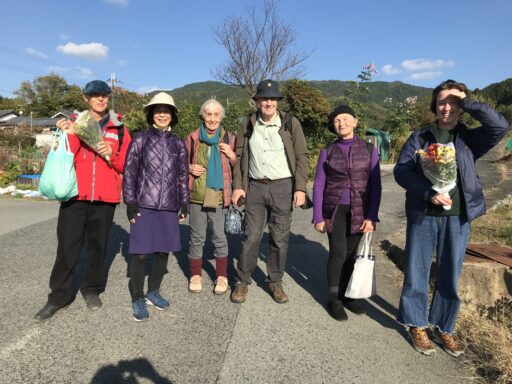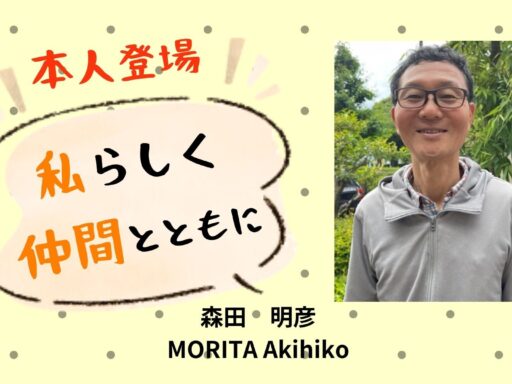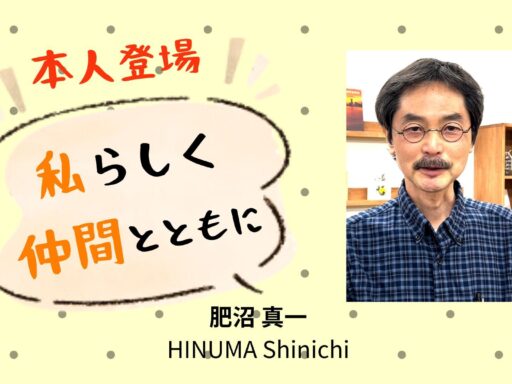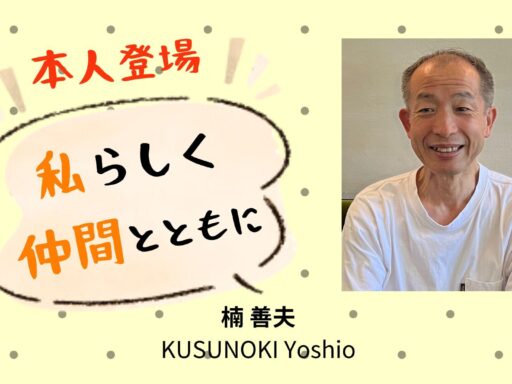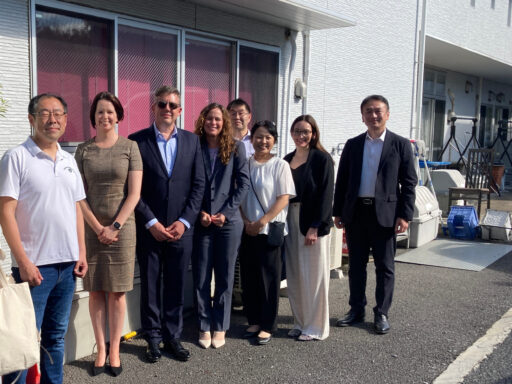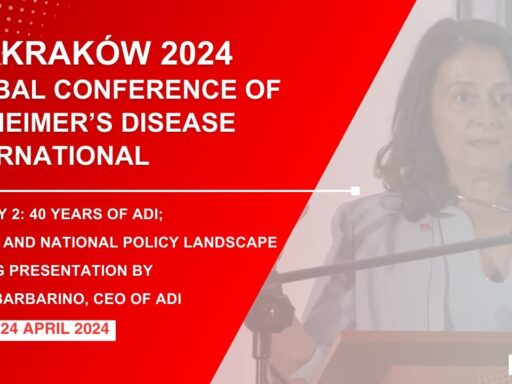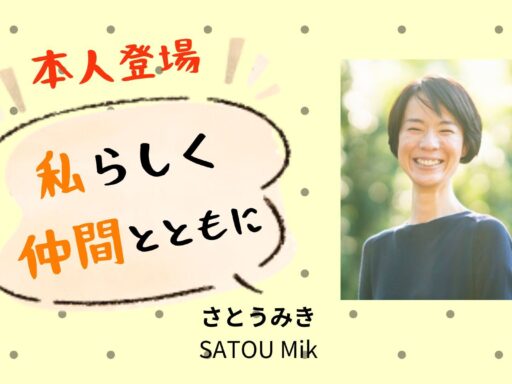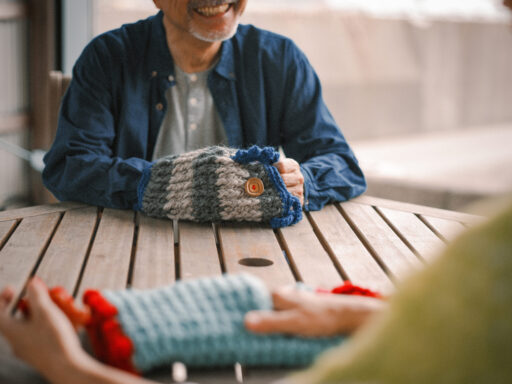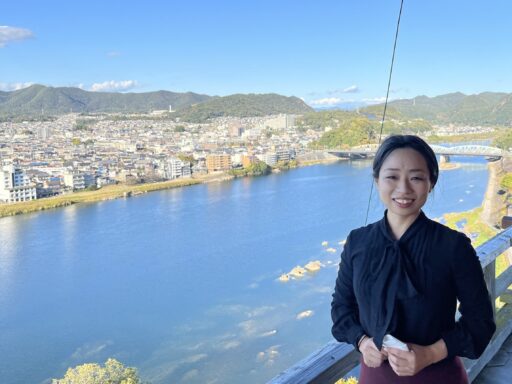ADI attends the Alzheimer’s Association International Conference
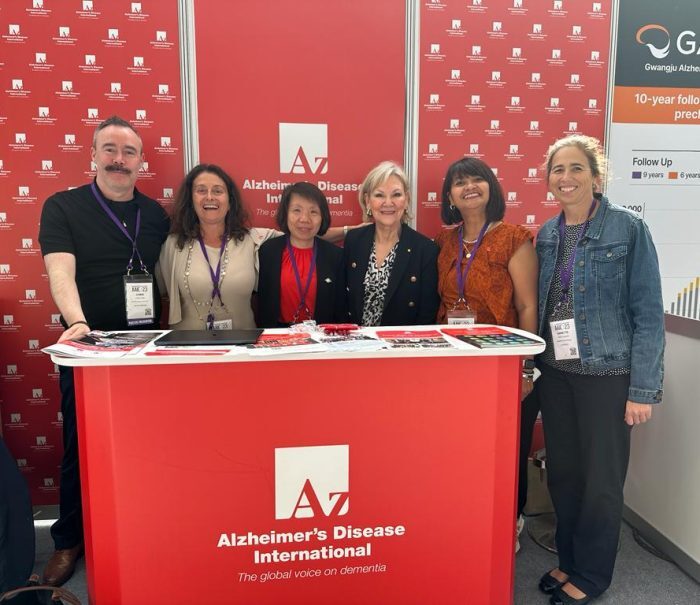
This article was posted on the website by the Alzheimer’s Disease International (ADI). (Original)
The annual event brings together basic scientists, clinical researchers, early career investigators, clinicians and the care research community to discuss the latest developments and innovation in Alzheimer’s and dementia research.
On 16-20 July, ADI attended the Alzheimer’s Association International conference (AAIC) in Amsterdam, the Netherlands. The annual research conference organised by ADI Member, the Alzheimer’s Association is one of the largest gatherings of researchers, clinicians, carers and advocates and highlights the developments and innovations within the community.
The ADI team undertook over 100 meetings, events, panels, poster presentations and discussions, at an event that made media headlines around the world regarding further encouraging Alzheimer’s disease treatment data for Eli Lilly and their treatment candidate donanemab.
ADI CEO, Paola Barbarino started ADIs contribution to the conference with a presentation on ‘Translating clinical evidence to meaningful value and outcomes for people with Alzheimer’s disease’. During the session, Paola discussed the positive contributions that new therapeutics could bring to those living with the condition but highlighted the need for greater health system preparedness and consideration of the costs of treatments to ensure that access remains equitable, alongside more inclusive clinical trials. Paola also talked frankly about the challenges she faces when persuading governments that dementia is a priority and reminding the public that 62% of healthcare practitioners still think dementia is caused by old age. Paola closed her contribution with a call to action to the scientific community to join ADI campaigns and be active and alert in the fight against stigma.
On the conference, Paola Barbarino said:
“I was delighted to speak at and participate in AAIC, and to observe the important, vital and necessary research being undertaken all across the world. Momentum is building around new treatments and diagnostics, and through continued innovation and I look forward to seeing this research improve the lives of those living with the condition and carers in the future”
Simultaneously, ADI Deputy CEO and Director of Policy, Communications and Publications, Chris Lynch co-chaired a session, with Adelina Comas-Herrera from London School of Economics and Political Science on World Alzheimer Report 2022: Dementia treatment, care and support – are global health systems ready for what’s next? The session featured, Wendy Weidner, ADI’s Head of Research and Publications who gave an overview of the World Alzheimer Report 2022 and presented key findings. Also presenting were Prof Dame Louise Robinson, Newcastle University and Co-chair of ADI’s Medical and Scientific Advisory Panel; Dr Klara Lorenz, University of Augsburg; Dr Christine Musyimi, Africa Mental Health Research and Training Foundation, Kenya; Dr Eugene Tang, Newcastle University; and Dr Soeren Mattke, University of Southern California (USC).
In addition, Chris Lynch presented a poster on the recent achievements of ADI’s #WhatsYourPlan direct action campaign. The campaign aims to galvanise and encourage Member States of the World Health Organization to adopt National Dementia Plans following their 2017 commitment.
Wendy Weidner also took part in a symposium sponsored by Parexel International, focusing on how to ensure clinical meaningfulness in clinical trials by integrating patient’s voice throughout the development journey.
ADI Head of Accreditation, Amalia Fonk-Utomo was present to discuss the benefits and recent successes of ADI accreditation, which aims to standardise and improve care for those living with dementia.
ADI Head of Development, Nikki Bayliss; Rosie Houghton, Corporate Partnerships Account Manager and Nick House, Corporate Partnerships Development Manager were also present to meet with and hear updates from many of ADIs partners.
ADI would like to thank the Alzheimer’s Association for hosting a successful conference and all those who shared their vital work aiming to improve the lives of those living with the condition and carers globally.





